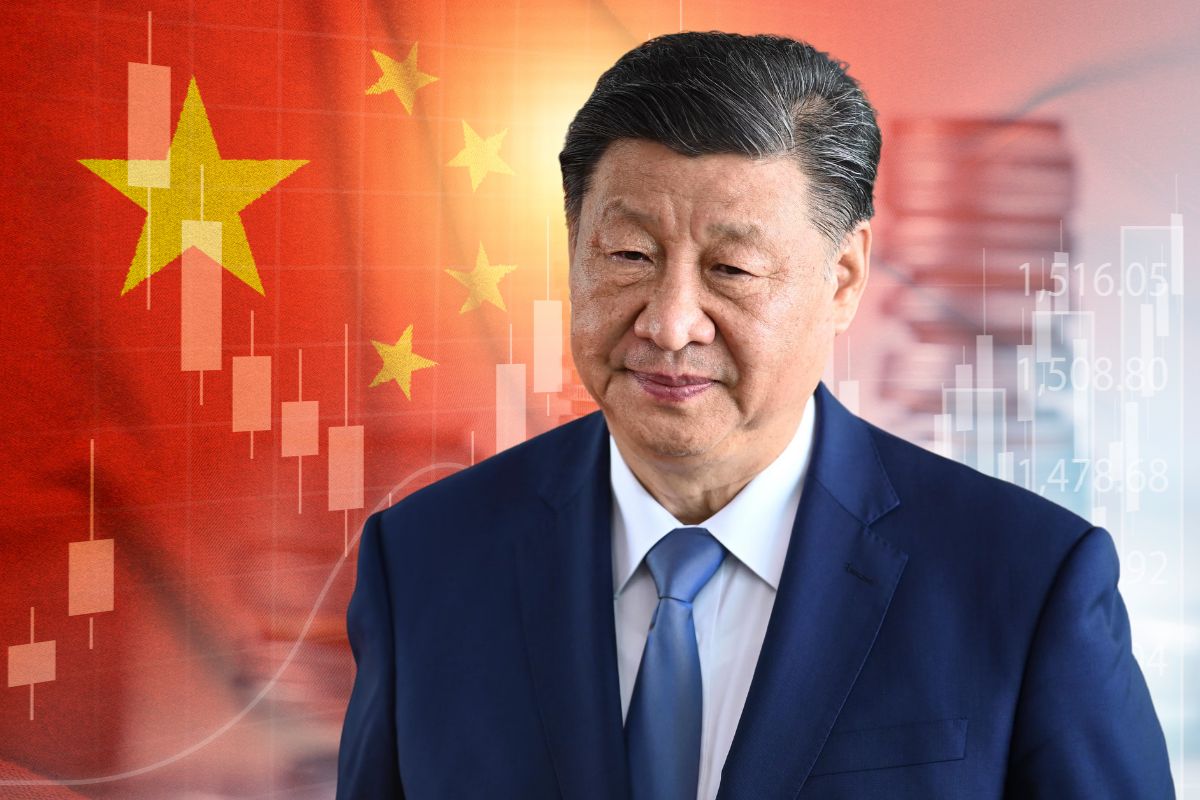Xi Jinping Vows Stronger Ties Amid Trump’s Trade Tariff War

Xi Jinping, President of the People’s Republic of China and CPC General Secretary, is a key personality in global politics. His policies have influenced Chinese domestic politics and foreign relations, making him one of the greatest leaders of the 21st century.
Building Relations with Neighbors
Speaking at a recent neighborhood diplomacy conference, Xi Jinping stressed building up strategic ties with neighboring nations. It was his initial public speech since the tensions escalated with America over trade wars. Xi stressed “properly managing differences” and deepening supply chain cooperation, demonstrating that China is interested in building regional stability and cooperation. The meeting demonstrated China’s interest in economic integration, increased connectivity, and increased industrial and supply chain cooperation.
Xi’s words are issued as China’s relations with neighbors are characterized as being at their most optimistic level in history. Nevertheless, he admitted that they posed challenges resulting from changes in local and global dynamics. The Indo-Pacific region and the South China Sea disputed area are a core priority of China’s foreign policy. Xi’s upcoming visits to Vietnam, Malaysia, and Cambodia also demonstrate his readiness to deepen ties with important neighbors.
Trade Wars and Economic Policies
China’s trade conflict with America has been one of the biggest challenges faced by Xi Jinping’s government. The latest sequence of escalations, such as those tariffs introduced by former U.S. President Donald Trump, prompted China to respond with retaliatory tariffs, a testament to being prepared for a long-term economic battle. Xi’s strategy has evolved from conservative to ruthless, and Beijing emerged with words that it is prepared to “fight to the end.”.
The financial impacts of the trade war have been huge, spreading to world markets and investor mood. Wall Street was badly bruised, wiping out trillions of shareholders’ wealth. Indian equities also suffered big losses, suggesting the extensive impact of the U.S.-China trade tensions. While these pose a challenge, Xi is keen to achieve a “fair” trade deal despite economic nationalism and global rivalry.
Taiwan and Regional Security
Tensions between China and Taiwan have escalated, with reports that Xi Jinping’s administration may be planning to attack Taiwan within the next six months. This has raised concerns over regional security and conflict. The methods used by China against Taiwan include military incursions, blockades, and propaganda campaigns. Threats of an invasion of Taiwan by China have been a source of heated debate, with various scenarios presented on how it might occur.
The Xi regime has also stressed the need to maintain regional stability through the acquisition of security and police cooperation. Collaborative measures toward challenges and threats have been held to be the panacea in maintaining the security and prosperity of the region.
Domestic Politics and Party Leadership
Xi Jinping’s CPC presidency has been characterized by sweeping shake-ups and strategic maneuvering. The latest reshuffling of members within the Politburo is a clear indication of Xi’s continuing push to concentrate power in his hands and eliminate all perceived challenges to his leadership. The record staff reshuffle is a display of Xi’s skill in restructuring the party leadership architecture and building loyalty among members.
Xi’s war on corruption has been the hallmark of his regime, targeting tens of millions of officials over the past decade. While the drive has brought with it a sense of fear and obedience, it has also provoked controversies about its long-term effects on the CPC’s stability. The restructuring of key departments like the Organisation Department and the United Front Work Department is indicative of Xi’s visionary thinking on the future direction of China.
Global Impact and Prospects
Xi Jinping’s presidency continues to shape international politics and the economy. His call for the establishment of a “community of a shared future” is a manifestation of China’s ambition for a more interconnected and cooperative global community. Trade war, regional competition, and domestic political forces, however, continue to pose tough challenges to Xi’s presidency.
As China charts these complications, Xi’s own leadership will do much to determine the direction of the nation. Whether he succeeds in containing differences, promoting economic interdependence, and balancing security interests will decide the role that China plays in the world. With his planned visits to neighboring nations and his unremitting efforts to deepen ties, Xi Jinping’s leadership will continue to be a deciding factor in global affairs.

